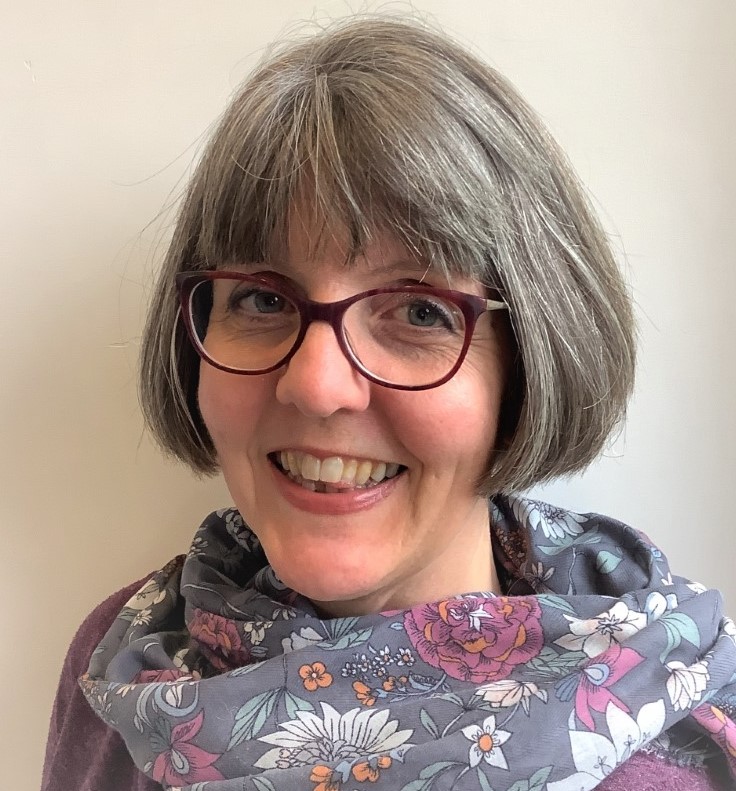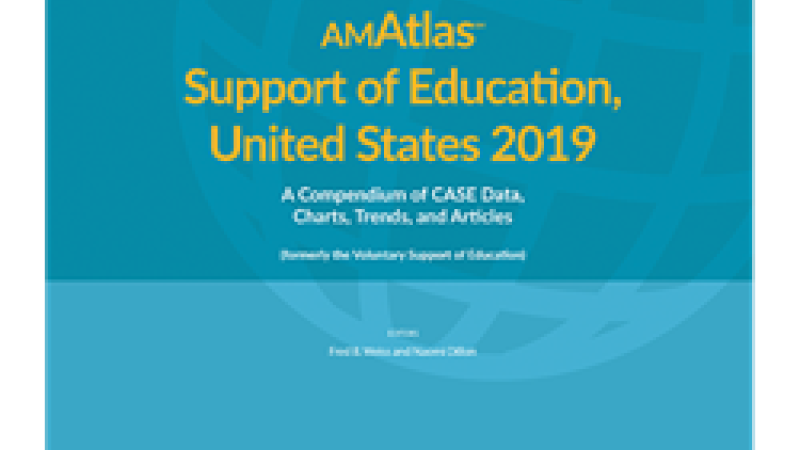Member Profile: TJ Rawlinson
TJ Rawlinson has worked in higher education fundraising for more than 25 years. She has led successful teams at U.K. institutions including University College Oxford and the University of Bristol in England, and now Cardiff University in Wales. Rawlinson says the relationships she has formed along the way—including her work with other CASE volunteers on the publication of the CASE Global Reporting Standards—have sustained her.

Here, Rawlinson explains how she found her away to advancement, shares career advice, and discusses how her work championing the CASE-Ross Support of Education Survey led her to believe in the power of global metrics.
How did you find your way to advancement and your current role?
While studying for my master’s degree in the early 1990s, I took a part-time job in my college’s development office. I’ve stayed mostly in higher education advancement ever since, mostly in the U.K. I came to Wales in 2015 to help build Cardiff University’s advancement programme.
What do you love most about your job?
I can’t pick one "most!" Advancement is exciting because it’s wide-ranging and constantly evolving. I love working with super-bright academics who are changing the world and enabling generous people to realise their dreams of helping others. I also love the chance to learn from, support, and work alongside amazing and talented colleagues, both at my own university and through national and global CASE networks.
Updating the CASE Global Reporting Standards and adding global supplements was a long, detailed process. Why did you want to be involved in it?
I’ve helped champion the CASE-Ross Support of Education Survey in the U.K. and Ireland for 18 years, and I’ve seen firsthand how valuable data and data-sharing can be for individual institutions, and for the whole sector. Thus, it was an honour and a privilege to support a global effort to harmonise data standards, allowing even wider data sharing.
Why do you think it’s important for CASE members to have a global set of standards for reporting fundraising activities?
Data reveals secrets and tells stories. It enables benchmarking, so that institutions can review their progress and chart productive ways forward. By expanding our data sharing on a global scale, we can find communities of similar institutions more easily—and can find models and inspiration.
What’s one professional achievement that you’re particularly proud of?
I’m reminded of the line from the musical Hamilton, “Look around, look around at how lucky we are to be alive right now.” In the U.K., the last 30 years have been a hugely important era for the advancement profession—with many teams starting from scratch, or thereabouts. A hallmark of my work has been creating programmes with solid foundations. And I’m especially proud of the many, many talented people I’ve supported and worked alongside, as the profession has developed and matured.
What’s a professional lesson you’d pass along to someone just starting out in advancement?
Listen.
What’s something you keep on your desk or in your office that’s really special to you? What’s the story behind it?

Dylan Aberdare is a large doll who used to be called Dominic Wills. I originally gave him to Rosie Dale (who’s now at More Partnership) because she kept talking about “putting the donor into the middle of the room” when we were thinking about communications and asking. Rosie re-gifted the doll to me when I left Bristol for Cardiff; she changed his name and gave him a leek and dragon flag upgrade.
Dylan (formerly Dominic) gets his own chair at key meetings, and sometimes at academic training events. He’s memorable, perhaps because he looks a bit like Chucky from [horror film] Child’s Play, or perhaps because he is good at his job: making us consider, “what would Dylan do or appreciate?” His presence reminds us that our considerations are secondary to those of the alumna/us and/or donor we hope to reach and to inspire.










